Pumpkin dough bumps are delicious and low in calories
Recommended this week: Pumpkin Noodle Low-calorie Food Exchange Area>>
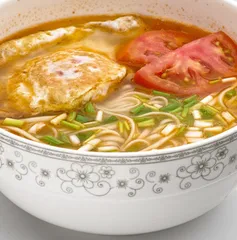
Pumpkin 200 g Calories: 44 calories
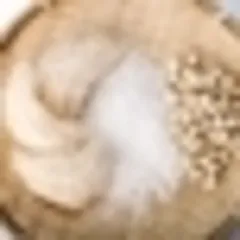
flour 100 g calories: 344 calories
Excipients:
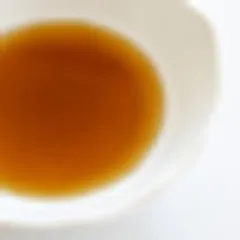
Pure fragrant sesame oil 2g Calories: 18 calories
Seasonings:

Pepper powder selection
Total calories: 101 calories/person-more calories check check the calories your body needs
Pumpkin dough bumps-the principle of slimming
Principle of slimming: Pumpkin, also known as zucchini, is mainly composed of water and a small amount of starch. It is rich in vitamins A and B and has antioxidant effects. Eating pumpkin can help digestion and absorption, and the unsaturated fatty acids contained in pumpkin can relieve constipation and diuretic, which is very helpful for weight loss. Pumpkin can replace the staple food or be used as a snack in two meals. After eating, you will feel full, so pumpkin weight loss is a way to lose weight that is not "painful".
Noodles are the most popular and popular pasta food in the north. It is simple to make and has comprehensive nutrition. It is both a soup and a staple food, and is very suitable for eating in winter. The protagonist of the knot soup is the delicate and smooth dough. No alkali is added when making, and the various nutrients in the flour can be well preserved. When eating pimple soup, eating the soup and vegetables together can also avoid the loss of nutrients. In addition, pimple soup is easier to digest than steamed buns and noodles, is easily absorbed by the human body, and has the effect of strengthening the stomach. Moreover, it has lower calories when paired with pumpkin soup, making it more suitable for people who lose weight.
Pumpkin dough bumps-making steps
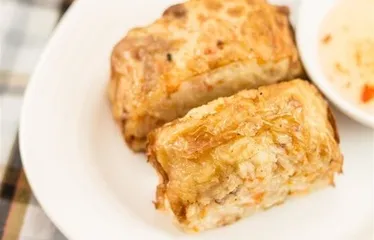
1 Practice for pimples
Put the flour into a bowl, add the right amount of water, and slowly rub it with chopsticks into fine dough bumps.
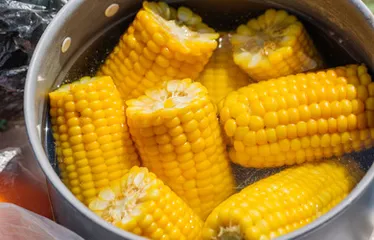
2 Boiled pumpkin
Peel the pumpkin and cut it into small pieces. After heating the oil in the pan, add the pumpkin pieces and stir fry slightly, allowing each piece of pumpkin to soak in the oil. Then add the water that has submerged the pumpkin and cook. During this period, add slightly more salt than usual.
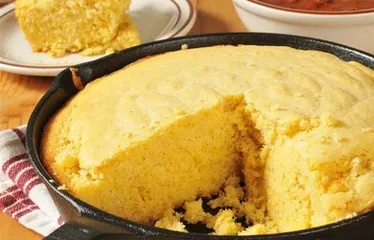
3 Squash the pumpkin
When cooking, use a fork/spoon to flatten the pumpkin a little.

4 completes
Use a spoon to scoop the dough into spoons, add it into the boiling pumpkin soup, cover the lid and simmer for 5 minutes. When the dough is cooked, sprinkle with sesame oil to start the pan.
Share it on my Weibo
This issue of nutrition consultant
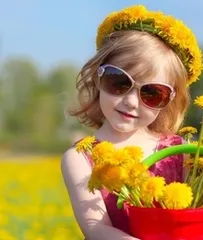
Special guest Sylvia Wang, Master of Food and Human Nutrition at the University of Florida. A bowl of pumpkin dough bumps can provide about 180 calories and is also a good source of vitamin A, vitamin C, manganese and selenium.
This staple food also uses pumpkin fiber to delay or reduce hunger
Sylvia Wang: The generation and elimination of hunger depends on many aspects. From the food perspective alone, eating foods with high dietary fiber, fat and protein will not be easy to be hungry after eating. However, most studies have shown that ingesting soluble or insoluble dietary fiber can delay hunger after eating, reduce energy intake, and even lose weight. The effect was more pronounced when measured in obese or overweight people.>>> See more ways to lose weight